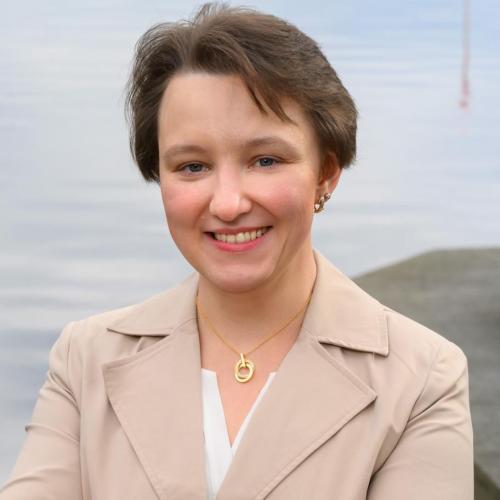On the 8th of May 2025, Europe marks the 80th anniversary of the end of World War II. The discussion will interrogate the diverse ways in which war memory is deployed across political and cultural contexts, in order to explore how historical narratives are constructed, contested, and mobilised.
The particular focus is on the marginalized voices that have long been sidelined in mainstream memory politics. In today’s highly politicised landscape, the legacy of World War II continues to shape national narratives and fuel contemporary debates. In Putin’s Russia, Victory Day is celebrated in a manner that reinforces state-sanctioned historical accounts and serves as a rallying point for aggressive militarism. At the same time, the ongoing war against Ukraine has added new layers to these memory discourses, prompting fresh reflections within Ukraine and beyond. This event will therefore not only examine the impact of these narratives within a Ukrainian context, but also situates them within broader European and transnational debates. It is part of an ongoing effort by the Young Network TransEurope (YNT) to encourage a richer, more inclusive conversation about the legacy of World War II and its continued influence on contemporary societies.
14:30–16:00: Panel 3: Rivers of wars and peace in our memory
In her innovative panel, freshwater ecologist Oleksandra Shumilova will talk about rivers being natural barriers in armed conflicts and related social and environmental implications. Based on the example of the river Dnipro in Ukraine, we will consider the role of the river and its large dams in World War II and presently ongoing war. In addition, the panel will discuss a role of rivers in uniting representatives of different nations living along them and joint treatment of ecological heritage. Using the example of the river Oder, we will talk about how ecological disaster on the river happened in 2022 united German-Polish ecologists, historians, artists and local residents to rethink past and future of the river and the surrounding landscape. Overall, the panel demonstrates how rivers and natural landscapes serve as enduring memorials to conflict, inviting a discussion on the intersection of environmental science and historical memory".
Speakers:
- Oleksandra Shumilova and Christian Wolter
- Claudia van Hasselt and Nicolas Wiese (FrauVonDa//)


